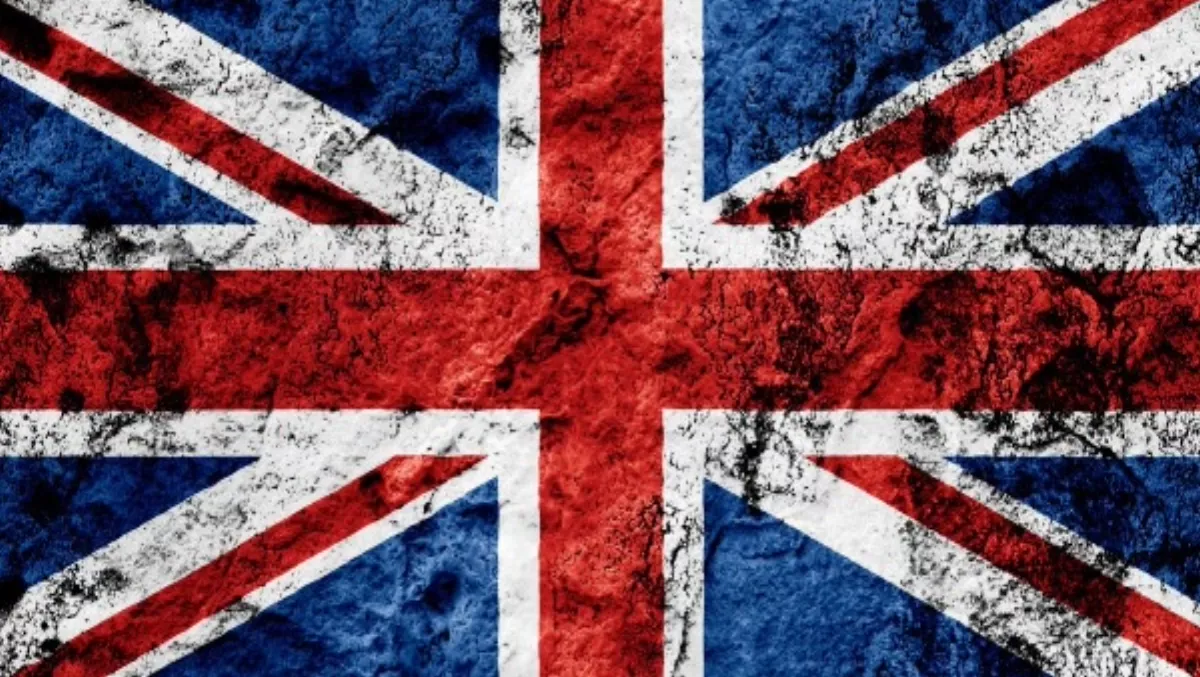
UPDATED: Rule Britannia - BB10 is not safe to cross the waves
Has BlackBerry's new operating system launch has been hit with a hammer blow? Has the British government's security agency questioned it's security levels?
On the eve of the BlackBerry Z10 launch, the UK's Computer Experts Security Group (CESG) is alleged to have deemed the device unsafe for government work.
And with a wave of government attacks taking place across the world, can you blame the wise-old Brits for being skeptical?
But the original report, coming from UK newspaper The Guardian, has been pulled down, suggesting the report to be unfounded.
Past BlackBerry models have previously passed hard-lined CESG guidelines and protocols, so why would the the new operating system has fall short?
The CESG were quick to play down the claims, releasing a statement saying:
“Discussions with BlackBerry are ongoing about the use of the BlackBerry 10 platform in government.\
"We have not yet performed an evaluation of the security of that platform, but we expect to be issuing Platform Guidance in the summer.
"This will cover a number of platforms including Blackberry 10 (and the use of ‘Balance’).
“We have a long standing security partnership with BlackBerry and this gives us confidence that the BlackBerry 10 platform is likely to represent a viable solution for UK Government.”
In reference to the article, BlackBerry also weighed in, saying:
“BlackBerry has a long-established relationship with CESG and we remain the only mobile solution approved for use at ‘Restricted’ when configured in accordance with CESG guidelines.
"This level of approval only comes following a process which is rigorous and absolutely necessary given the highly confidential nature of the communications being transmitted.
“The current re-structuring of this approval process, due to the Government Protective Marking Scheme review and the new CESG Commercial Product Assurance scheme has an impact on the timeline for BlackBerry 10 to receive a similar level of approval."
Well, there you have it, it appears The Guardian, TechDay and the rest of the tech world got it wrong. Always another day.

